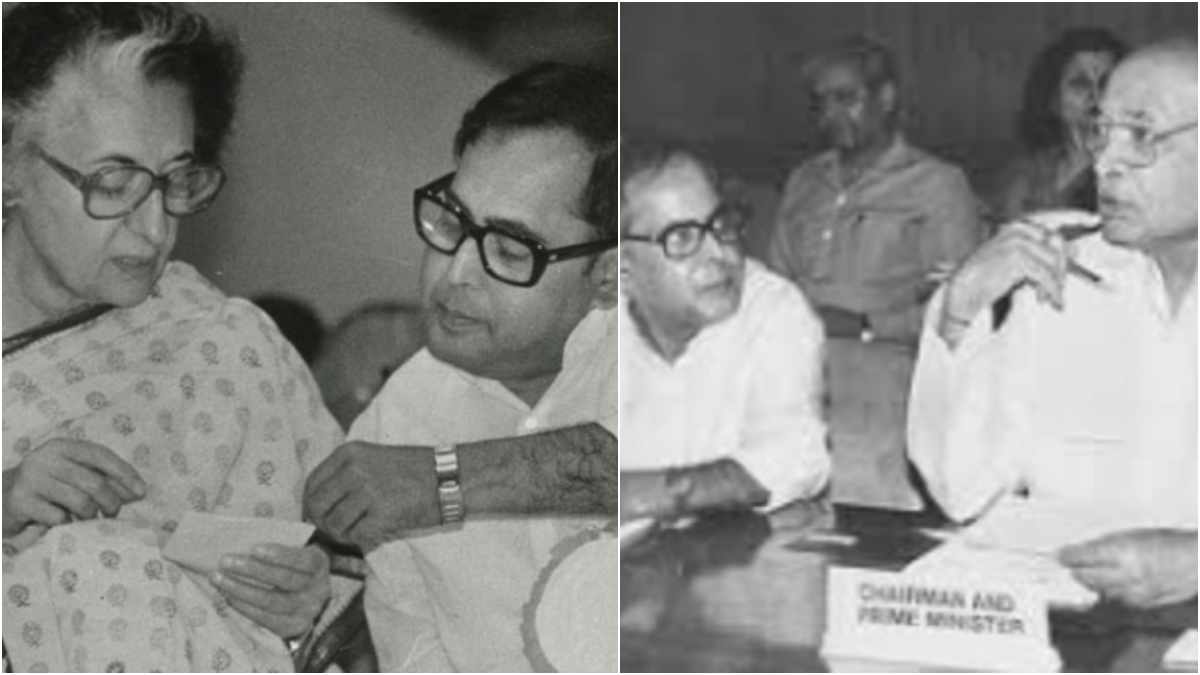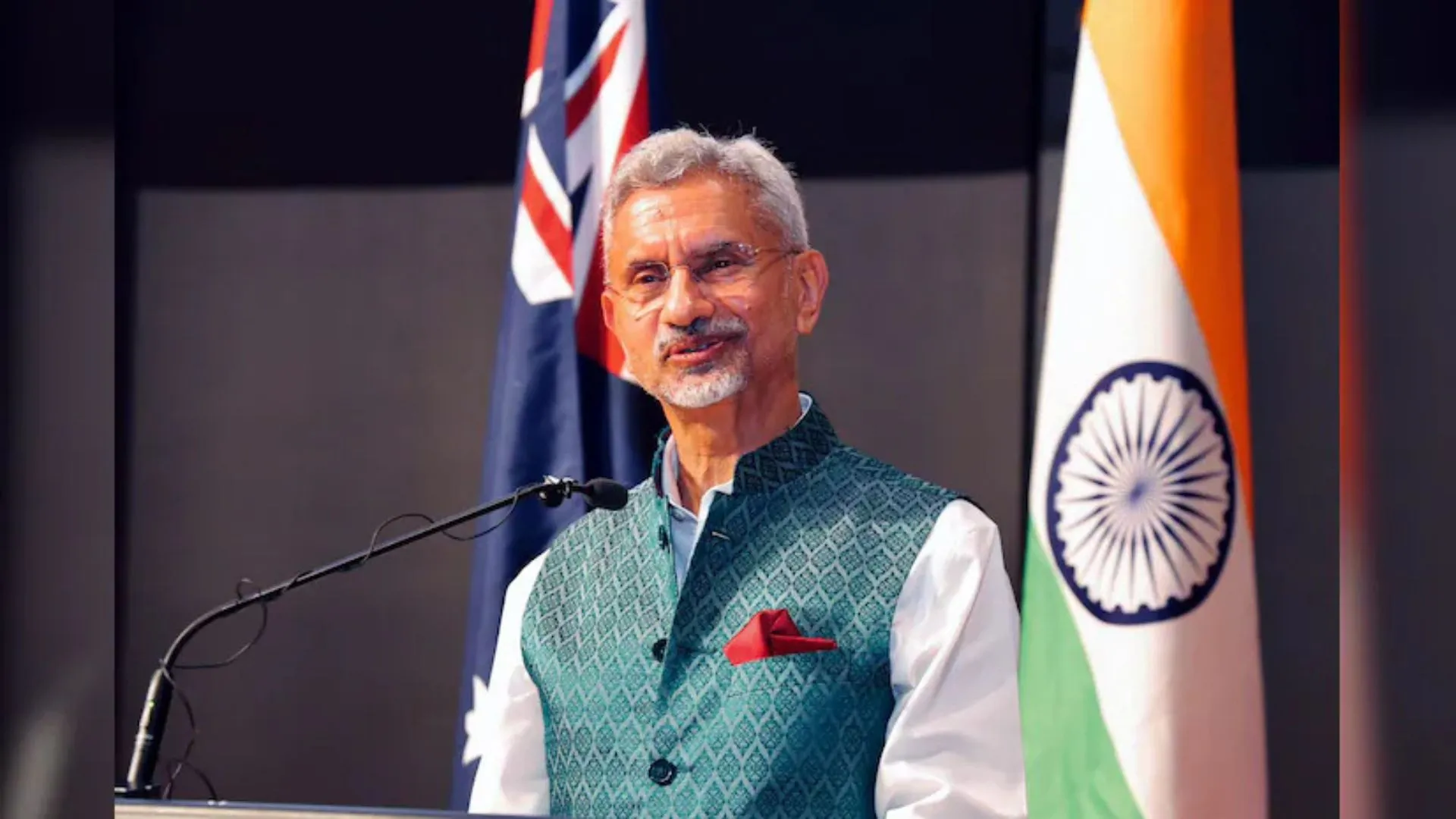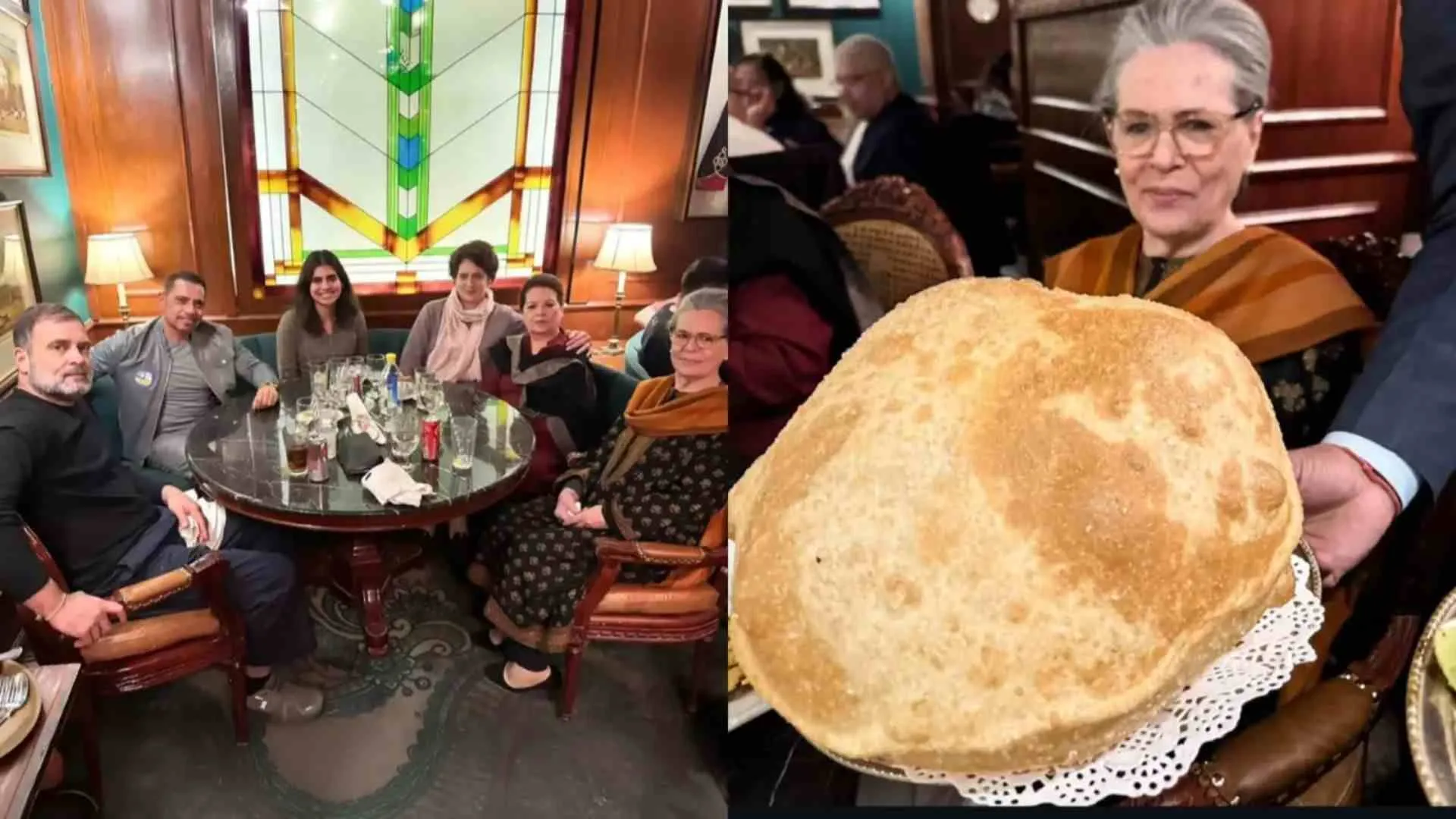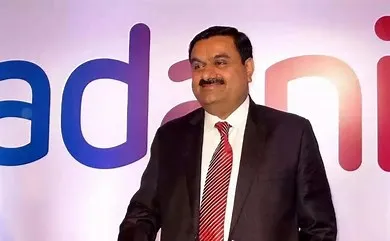Pranab Mukherjee, former President of India and an illustrious politician who scaled beyond party lines and divide to help build the nation, was always “The Man Who Knew Too Much”, as the cover of the 1986 Illustrated Weekly proclaimed, though mischievously, as the interview with Pritish Nandy cost him his position in the Rajiv Gandhi Cabinet. “Little did I know that he (Nandy) was out to make mischief,” Mukherjee later admitted in his three-volume memoirs.
Mischievously or otherwise, the fact remains that Mukherjee was always the man who knew too much, and he suffered politically for that. Rajiv Gandhi dropped him from his Cabinet in 1986. P.V. Narasimha Rao didn’t include him in his own in 1991. Sonia Gandhi didn’t make him the Prime Minister and instead chose the pliable Manmohan Singh for the job in 2004. And later again when his name came up for the presidential position, she vetoed it, saying the UPA government needed his experience!


But that never stopped him from being a dependable friend, ally and colleague. It shows his stature that a Prime Minister from the BJP (Narendra Modi) proposed his name for the country’s topmost position. Maybe that was the irony: his own often disowned him, whether his own party or the CM of his own state, Mamata Banerjee, who went out of the way to block his presidential candidacy. But that never made Pranab da leave his ideals.


A classic example is the way he stood by Indira Gandhi when she lost the elections in 1977. He remained an unwavering loyalist even when most of her supporters were deserting what they thought was a sinking ship. He chose to stand by her when she was arrested seven months after her “iron grip” over the country was smashed by a ballot. He remained one of the few who believed in her comeback when many had already written her off.
Yet, none of this stopped him from telling the truth: that the 21-month Emergency, imposed by Indira on 25 June 1975, was a “misadventure” and an “avoidable event” for which both the party and Mrs Gandhi had to pay a heavy price.
In the first volume of his memoir, The Dramatic Decade: The Indira Gandhi Years, he revealed how Siddhartha Shankar Ray, the then chief minister of Bengal, was the one who advised to go the unconstitutional way. “It was his suggestion, and Indira Gandhi acted on it,” recalled Mukherjee. Ironically, it was Ray who took the lead to testify against Mrs Gandhi before the Shah Commission, instituted to look into the excesses perpetrated during the Emergency era.
Pranab da recalled that, when deposing before the Shah Commission, Ray had run into Mrs Gandhi — draped in a crimson sari that day — and tossed a sprightly remark: “You look pretty today”. “Despite your efforts”, retorted a curt Indira Gandhi.
The following are edited excerpts from Pranab Mukherjee’s three-volume memoirs, published by Rupa publications:
Getting dropped from the Rajiv Cabinet for an interview
The results of the 1984 Lok Sabha elections were declared on 24 December 1984. The Congress swept the polls, winning 404 seats out of 514, while the BJP got only 2 seats… On the morning of 31 December 1984, Rajiv was elected leader of the CPP at 11 am in a meeting held in the Central Hall of Parliament. I chaired the meeting and stood next to him when he announced to the media that the swearing-in would be held at 3 p.m. Even then I was clueless about the manner in which the day would unfold.
I kept waiting for the call. Being dropped from Rajiv’s Cabinet was not even peripherally in my mind. I had heard no rumours, nor had anyone in the party ever vaguely hinted at it. As it happened, P.V. Narasimha Rao, too, was on tenterhooks, calling me several times to check if I had received a call.
When I learnt of my ouster from the Cabinet, I was shellshocked and flabbergasted. I could not believe it. But I composed myself, and sat alongside my wife as she watched the swearing-in ceremony on television. As soon as it concluded, I wrote to the Ministry of Urban Development asking to be allotted a smaller house in place of my 2 Jantar Mantar residence (which was a ministerial allocation), pointing out that I had ceased to be a minister—this was something I had done in 1977, too. I then went off on a holiday with my family who had long suffered my neglect.
Another person who got axed was Ghani Khan Choudhury, my compatriot from West Bengal.
In March 1985, Rajiv gave an interview to Sunday magazine:
Q. When you formed your first government, after the elections, why were people like Pranab Mukherjee and Ghani Khan Chowdhury dropped?
A. Well, we really wanted to give a bit of a new look, try and get things moving a bit.
Q. But, seriously, why was Pranab Mukherjee dropped? I grant you the privilege of retaining only those you trust and can work with, but the dropping of a finance minister is clearly a serious matter. I cannot but ask this question.
A: The Finance Ministry was not run tightly enough. I thought we needed a change. The Finance Minister has to be very tough. He can’t be goody-goody. I don’t think he [Mukherjee] was tough enough.
When Sonia chooses Manmohan over Pranab
It was left to her (Sonia Gandhi) to choose the prime minister. There was intense speculation in the party and the media about her choice. Within the Congress party, the consensus was that the incumbent must be a political leader with experience in party affairs and administration. Finally, she named Dr Manmohan Singh as her choice and he accepted.
The prevalent expectation was that I would be the next choice for prime minister after Sonia Gandhi declined. This expectation was possibly based on the fact that I had extensive experience in government, while Singh’s vast experience was as a civil servant with five years as a reformist finance minister. The media speculation and frenzy began. Some media commentators reported that I would not join the government because I could not work under Manmohan Singh, who had been my junior when I was the finance minister. The fact was that I was reluctant to join the government, and informed Sonia Gandhi accordingly. She, however, insisted that I should join the government since I would be vital to its functioning, and also be of support to Dr Singh. As it turned out, Dr Singh would talk to me on all important issues and seemed to depend on me. We shared a good working relationship.
Sonia again vetoes presidential proposal
The latter half of the budget session of 2007 witnessed much speculation in political circles about the choice of the presidential candidate. The incumbent A.P.J. Abdul Kalam was due to retire in July that year. Around May-June, Sonia Gandhi and Manmohan Singh began discussions with our coalition partners about the prospective presidential candidate. I am told that my name was proposed by the Left parties first and then seconded by others. However, the final decision was left to the Congress party. Sonia Gandhi called me and said, ‘Your name is being suggested by some political parties as the presidential candidate, but it would be difficult for us to spare you as you are a strong pillar of the party in the government and in the Parliament.’ I told her that the decision was for her to take, and I would abide by it. Sometime later, Prakash Karat came to my residence and informed me of his discussion with Sonia Gandhi on the issue of the presidential candidate. He mentioned that she had ruled out my name citing a number of reasons, including the fact that she did not have a substitute for me as the leader in the Lok Sabha, and could not spare me from the ministry. Further, my experience and knowledge about party matters was crucial for her as the Congress president. I understood, and reconciled myself to the situation.
Pratibha Devisingh Patil was chosen as the UPA-I candidate for the presidential election. She won by a huge majority defeating Vice President Bhairon Singh Shekhawat.
Mamata’s roadblock to Rashtrapati Bhavan
Mayawati and Mulayam Singh Yadav expressed their parties’ support — Mayawati at a press conference in Delhi and Mulayam Singh Yadav in Lucknow. In the meantime, L.K. Advani tried to persuade Jayalalithaa not to support P.A. Sangma, but to support Kalam instead, in which case the chances of winning the election would be higher. However, this strategy came to nought as Kalam, at a press conference on 18 June, declared that he was not in the race. But Mamata Banerjee persevered, and tried to persuade him. In fact, she organised a rally of her party workers and legislators in Kolkata to mobilise public sentiment in favour of Kalam. In this way she hoped to urge Kalam to reconsider his decision and put pressure on the political spectrum to consider Kalam as a candidate of the people. Perhaps all this was the result of her expectations not being met by me as the finance minister. Mamata Banerjee had been unhappy with me for quite some time. She seemed to be under the misconception that I was deliberately not meeting her demand for a waiver of the outstanding loan to the government of West Bengal, which had accumulated during the Left Front rule. She had also been demanding a moratorium of five years for the current debts. She expected me to fulfil these demands as the finance minister. On several occasions, I had explained to her that total debt moratorium was not possible, for every state has a debt burden. I assured her that the 13th Finance Commission had made some recommendations for providing relief to debt-burdened states. While most states accepted and implemented the recommendations, West Bengal had not — and as a result, the state could not get full relief. I also reminded her that I had helped West Bengal. I had explained the details of the financial package to her Finance Minister, Amit Mitra. I do not know what he conveyed to her but she remained dejected, frustrated and angry with me.













